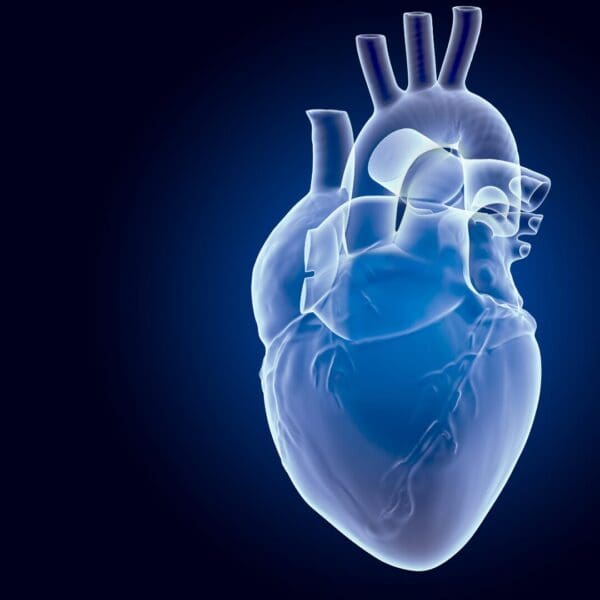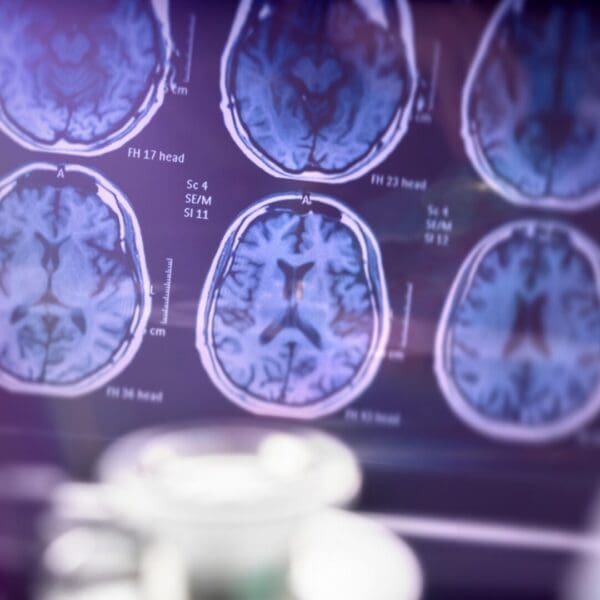We know that some of the best chocolate in the world comes from Switzerland and I recently came across this article in Swiss Medical Weekly that studied how chocolate consumption affected various health parameters.
Here are the details of the study:
This observational study uses data from two Swiss atrial fibrillation studies with 3931 patients. Atrial fibrillation is a type of arrhythmia or abnormal heartbeat caused by extremely fast and irregular beats from the heart’s upper chambers. The aim was to evaluate the associations between chocolate consumption and 1) neurocognitive function, 2) brain lesions on MRI, and 3) cardiovascular outcomes in patients with atrial fibrillation.
Chocolate consumption was self-reported via questionnaire as no/low (≤1 serving/week), moderate (>1-6 servings/week) or high (> six servings/week).
For neurocognitive outcomes, moderate chocolate consumption was associated with better performance on a cognitive construct score compared to no/low consumption in adjusted models. No association was seen with individual cognitive tests. Chocolate consumption was not associated with the prevalence or volume of vascular brain lesions on MRI. And for clinical outcomes, no association was seen between chocolate consumption and major adverse cardiac events (stroke, MI, cardiovascular death) over a median six years of follow-up.
However, no/low chocolate consumption was associated with a higher risk of heart failure hospitalization and all-cause mortality compared to moderate consumption. This analysis suggests potential cognitive benefits and lower heart failure and mortality risks with moderate chocolate consumption in AF patients. This is no surprise! I have extolled the virtues of chocolate for years.
Limitations of the study include a need for more data on the type of chocolate consumed. This is very important since there are many different types of chocolate. Typically, the higher the sugar content of the chocolate, the less health benefits one might obtain. Also, where the chocolate was grown might affect the results.
Chocolate, like wine, depends upon the soil and weather conditions. The growing conditions can influence the health benefits of chocolate. Dark chocolate contains powerful antioxidants. Among the most beneficial is a flavonol called epicatechin. Flavonols are compounds found in plants that fight inflammation and protect against cell damage caused by free radicals. Chocolate has been shown to increase serotonin levels in the body. It also contains small amounts of a compound known as phenylethylamine, which acts like an amphetamine and causes your brain to release dopamine.
Dopamine is a neurotransmitter made in your brain. It is associated with the “reward center” of the body. It plays a role in many body functions, including memory, movement, motivation, mood, attention, etc. High or low dopamine levels are associated with Parkinson’s disease, restless legs syndrome, and attention deficit hyperactivity disorder. Other benefits of chocolate include its beneficial effects on mitochondrial function.
Chocolate is part of my daily regimen and I even make my own chocolate! Stay tuned next week and I’ll be sharing my personal recipe for an antioxidant-boosting Halloween treat.
Swiss Med Wkly. 2023;153:40109














